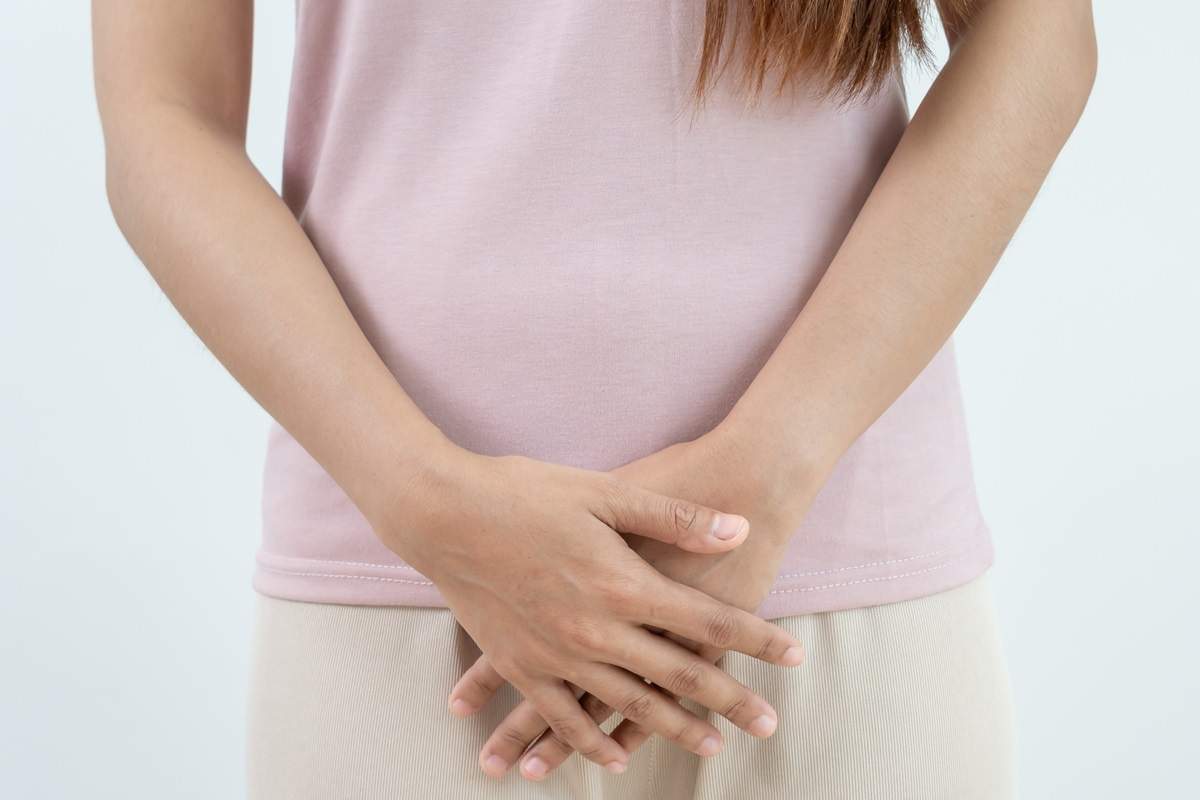The Short Answer: No, You Almost Certainly Can't
Let's address your concern straight away: the risk of catching a sexually transmitted infection from a toilet seat is essentially zero. This is one of the most enduring myths about STIs in sexual health, and we understand why it causes worry – but the science is clear.
STIs are called "sexually transmitted" for a very good reason. They've evolved to spread through intimate sexual contact, not through environmental surfaces like toilet seats, door handles, or shared towels.
Why STIs Can't Survive on Toilet Seats
The organisms that cause STIs are remarkably fragile outside the human body. Here's why they simply can't survive on a toilet seat long enough to infect you:
Bacteria (Chlamydia, Gonorrhoea, Syphilis)
- Chlamydia trachomatis** dies within seconds to minutes when exposed to air and room temperature
- Neisseria gonorrhoeae ([gonorrhoea](/conditions/gonorrhoea)) is extremely sensitive to drying and temperature changes – it cannot survive outside the body for more than a few seconds
- Treponema pallidum ([syphilis](/conditions/syphilis)) is so fragile it dies almost immediately upon exposure to air
Viruses (HIV, Herpes, HPV)
- HIV is inactivated within seconds to minutes outside the body. The virus requires specific conditions found only in bodily fluids during direct contact
- Herpes simplex virus (HSV) can survive slightly longer but still only minutes on dry surfaces, and requires direct contact with broken skin or mucous membranes to transmit
- HPV (human papillomavirus) requires skin-to-skin contact for transmission
Parasites (Pubic Lice, Trichomoniasis)
- Pubic lice can survive up to 24-48 hours away from the body but require close physical contact for transmission – they cannot jump or fly
- Trichomonas vaginalis dies within hours outside the body and requires direct genital contact
How STIs Are Actually Transmitted
Understanding real transmission routes is far more valuable than worrying about toilet seats. STIs spread through:
Direct mucous membrane contact:
- Vaginal, anal, or oral sex
- Genital-to-genital touching
- Sharing sex toys without proper cleaning
Blood-to-blood contact:
- Sharing needles
- From mother to baby during childbirth
- Very rarely through blood transfusions (screened in the UK)
Skin-to-skin contact (for some STIs):
- Herpes can spread through kissing if sores are present
- HPV and genital warts spread through intimate skin contact
- Syphilis can spread through contact with sores
Where Did This Myth Come From?
The toilet seat myth likely originated from several sources:
- Embarrassment and stigma – historically, people needed an "innocent" explanation for STI diagnoses
- Misunderstanding of how infections work – before modern microbiology, transmission routes weren't well understood
- Confusion with other infections – some skin conditions or urinary tract infections might be associated with hygiene, leading to conflation with STIs
What You Should Actually Worry About
Instead of toilet seats, focus on these genuine risk factors:
Higher Risk Activities
- Unprotected vaginal, anal, or oral sex
- Multiple sexual partners
- Sex with partners whose STI status is unknown
- Sharing needles or drug paraphernalia
Lower Risk but Still Possible
- Oral sex (particularly for herpes, gonorrhoea, syphilis, and HPV)
- Skin-to-skin genital contact even without penetration
- Sharing sex toys without cleaning between uses
When Should You Get Tested?
If you're worried about STIs, the answer isn't to avoid public toilets – it's to get tested regularly. We recommend testing:
- After any unprotected sexual contact with a new partner
- Every 3-6 months if you have multiple partners
- Before starting a new relationship where you plan to stop using condoms
- **If you experience any symptoms such as unusual discharge, pain, sores, or itching
- Annually as part of routine sexual health maintenance
The Bottom Line
You cannot catch an STI from a toilet seat, swimming pool, hot tub, sharing food, hugging, or casual contact. STIs require intimate sexual contact or blood-to-blood transmission.
If you're experiencing symptoms or have had unprotected sex, the best thing you can do is get tested. Modern STI testing is quick, confidential, and often painless – and knowing your status is the first step to protecting your health and your partners.
Ready to Get Tested?
Don't let myths and anxiety hold you back from taking care of your sexual health. Our discreet testing services provide fast, accurate results with full clinical support. Book your confidential STI test today.
Get Tested Today
Take control of your sexual health with our confidential, comprehensive STI testing services.
Share this article:



